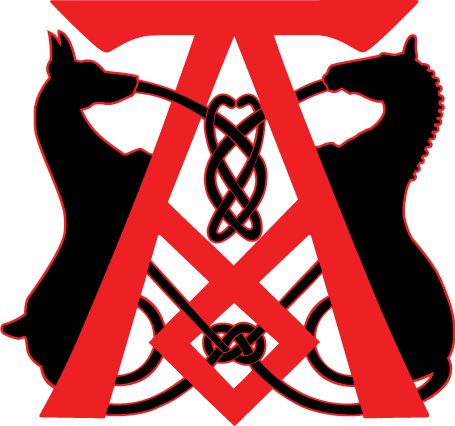Yes this is my horse and NO I did not let her eat cheesecake. While camping up Mauna Kea, Miznah decided to investigate the whereabouts of the carrots that I had in the van. She found my cheesecake instead.
Most of us know not to feed a horse cheesecake but I am realizing not everybody realizes that foods we consider healthy (fruits and vegetables) can actually be detrimental to horses. Fruits are rich in simple carbohydrates (sugars) that horse’s GI tracts are not designed to handle in excess. Compared to grasses, fruits are like M&Ms to horses.
Here in Hawaii where fruit trees are abundant, horses are constantly snacking on guava growing in their pastures. Owners are tossing surplus bananas, mangos, and papaya over the fence. Some of these fruits are fine or even beneficial in moderation (papayas sooth stomach ulcers). Some are toxic (avocados). Most, however, can be harmful to “at risk” horses. So which horses are “at risk”?
At risk horses are those that gain weight easily, the “easy keepers” which includes most Quarter horses, Paints and pony breeds. These horses are metabolic hoarders that respond to every bite with an insulin surge, quickly whisking the sugar out of the blood stream and converting it to fat. Just like with Type II diabetes in humans, excessive sugar intake combined with insufficient exercise results in metabolic disease. These horse are prone to obesity, Cushings disease, and laminitis. The best way to prevent these serious health concerns is to restrict your horse’s sugar intake which includes limiting carrots and apples. Treats should be fed sparingly to reward a job well done, not given out like candy at Halloween.
So now that I convinced you just to feed grass, read the following excellent blog article about how grass can also be bad!




